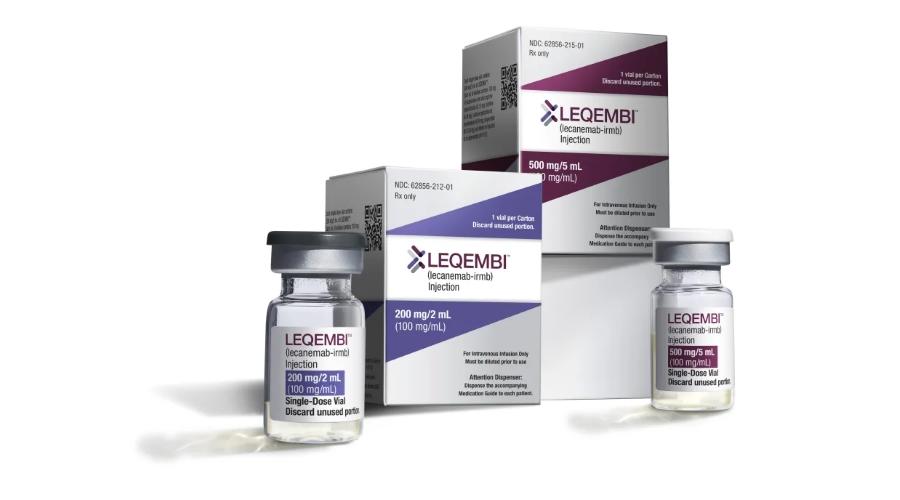First major insurer covers Eisai’s Alzheimer’s drug Leqembi

In a big boost to Eisai and partner Biogen, the US Department of Veterans Affairs has agreed to cover their new amyloid-busting Alzheimer’s disease therapy Leqembi, becoming the first major insurer in the US to embrace the drug since it was approved earlier this year.
The VA has set out its eligibility criteria for coverage of Leqembi (lecanemab), saying patients have to be over 65, and have both amyloid plaques in the brain shown in an MRI scan within the last 12 months and early-stage symptoms, i.e. mild cognitive impairment (MCI) or mild dementia. They also have to request the drug.
The move has been hailed as “courageous action” by the lobby group USAgainstAlzheimer’s, which has been pushing for access to amyloid-targeting therapies since the approval of Leqembi’s ill-fated predecessor Aduhelm (aducanumab) last year.
The development is seen as a potential harbinger of broader access to amyloid-targeting therapies, which are currently highly restricted after a ruling last year by the Centers for Medicare and Medicaid Services (CMS) effectively limited reimbursement for drugs sold within the context of clinical trials.
While the CMS recently rejected a request by the Alzheimer’s Association to reconsider its national coverage determination (NCD) for amyloid therapies, there is speculation that it could revisit the issue if Leqembi gets full FDA approval on or before the FDA’s review deadline of 6th July.
Eisai’s drug currently has accelerated approval, subject to confirmatory clinical data, and CMS recently suggested that, even if that is upgraded to a full license reimbursement, coverage could still be limited to use within real-world, registry-based studies, rather than allowing unrestricted access.
“While I am heartened to know that more patients will receive the care they need, Americans shouldn’t have to risk life and limb to get access to treatments that could drastically change their quality of life,” commented USAgainstAlzheimer’s chair and co-founder, George Vradenburg.
“My genuine hope is that regulators at the [CMS] look to the VA’s decision as a model for how to ensure that the millions of eligible Americans who could benefit from Leqembi have the chance to take advantage of its benefits before it is too late.”
It has been estimated that more than 150,000 people on the VA’s insurance plans are diagnosed with Alzheimer’s, but only a proportion of those will still be in the preliminary stages of cognitive decline.
The VA’s decision comes shortly after Eisai said it was forecasting more than $7 billion in Leqembi sales by 2030, assuming the CMS relaxes its stance on the drug and that it is also approved in other markets outside the US.













